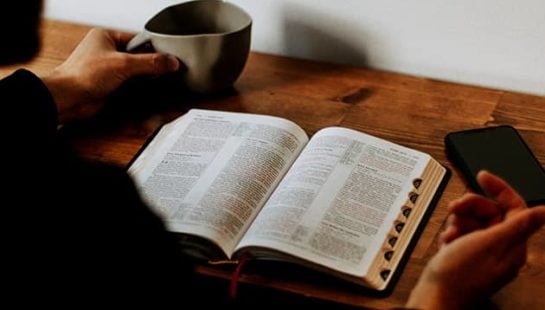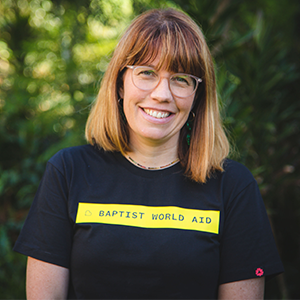God’s heart for people living in poverty is evident all throughout the Bible—he insists his people care for vulnerable people in his law, he speaks of justice for the marginalised through prophets, and much of Jesus’s ministry centered on bringing in those on the margins.
God does not turn a blind eye to the needs of those living in poverty, and calls us to do the same. As part of establishing his kingdom here on earth he showed us how to show compassion for the oppressed and vulnerable.
So as seekers of his kingdom here on earth, what does the Bible teach us about God’s heart towards the needy, and how should we respond?
Leviticus 19:9-10
‘When you reap the harvest of your land, do not reap to the very edges of your field or gather the gleanings of your harvest. Do not go over your vineyard a second time or pick up the grapes that have fallen. Leave them for the poor and the foreigner. I am the Lord your God.’
All throughout the pages of the Bible, the message from God is we are called to think differently, act differently, and be different from the culture around us. This is especially clear in the Levitical law.
Gleaning wasn’t just about partaking in an act of compassion, justice or generosity, but an act of worship and a sign that all people were free to to access God’s provision.
Psalm 82:3-4
‘Defend the weak and the fatherless; uphold the cause of the poor and the oppressed. Rescue the weak and the needy; deliver them from the hand of the wicked.’
In this Psalm, God judges those who judge and confronts them for acting unjustly. In doing so he’s speaking to any of us who lead or are in positions of power.
God reinforces the importance of defending the vulnerable such as those who are poor and the fatherless.
Proverbs 14:31
‘Whoever oppresses the poor shows contempt for their Maker, but whoever is kind to the needy honors God.’
Solomon warns that to oppress those who are poor and in need is a serious offence, not only sinning against them, but sinning against God. As all humans are made in the image of God, to not treat vulnerable brothers and sisters with compassion and justice is offensive to God.
Isaiah 61:1
‘The Spirit of the Sovereign Lord is on me, because the Lord has anointed me to proclaim good news to the poor. He has sent me to bind up the broken-hearted, to proclaim freedom for the captives and release from darkness for the prisoners.’
You might recall Jesus proclaiming these words in Luke 4. In his earthly ministry, Jesus initiates the fulfilment of this prophecy. Today, his Holy Spirit fills us to partner with him in continuing this work—proclaiming good news to the poor, binding up the broken-hearted, proclaiming freedom for the captives and releasing prisoners from darkness.
Matthew 25:40
‘The King will reply, “Truly I tell you, whatever you did for one of the least of these brothers and sisters of mine, you did for me.”’
Here Jesus says that if we, as followers of him are seeking to live a life of worship to God the Father, we’re called to care for ‘the least of these’. This command is not to be misunderstood as a call to salvation through works, but of an invitation into the upside-down ways of his kingdom where the humble are raised up and proud brought low.
1 John 3:17-18
‘If anyone has material possessions and sees a brother or sister in need but has no pity on them, how can the love of God be in that person? Dear children, let us not love with words or speech but with actions and in truth.’
Walking in the love that God our father lavishes on us is about more than experiencing that love for ourselves. As loved children, we’re called to radical acts of love toward the world around us. Not only in our thoughts and words but also in our actions.
Luke 6:20-21
‘Looking at his disciples, he said: “Blessed are you who are poor, for yours is the kingdom of God. Blessed are you who hunger now, for you will be satisfied. Blessed are you who weep now, for you will laugh.”’
Jesus promises to bless those who, by the world’s standards, are not considered blessed.
James 2:14-17
‘What good is it, my brothers and sisters, if someone claims to have faith but has no deeds? Can such faith save them? Suppose a brother or a sister is without clothes and daily food. If one of you says to them, “Go in peace; keep warm and well fed,” but does nothing about their physical needs, what good is it? In the same way, faith by itself, if it is not accompanied by action, is dead.’
Similarly to in 1 John 3, James reminds us that our faith in Christ Jesus calls us to continual acts of love and care for those around us, particularly those who are vulnerable. If our desire is the pursuit of his kingdom, it follows that our actions would reflect Christ’s love for people in need.



 Meredith Benson,
Meredith Benson,
